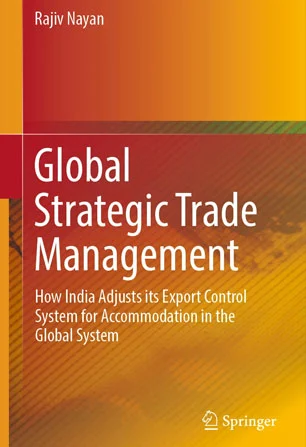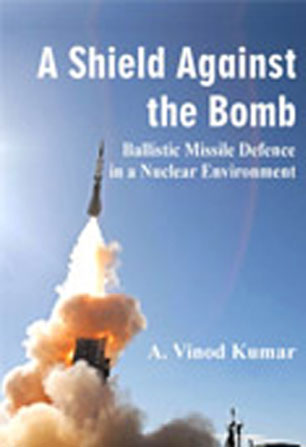Rafale: the doomed French bird
Is the French 4th+generation fighter aircraft doomed? This question must be anguishing people in Dassault and the French government. The Rafale has not won any contract in the export market since its entry into service in 2004 and is now apparently out of race for the MMRCA contract. What lies behind all these repeated commercial fiascos? The Rafale lost five major bids against its US counterparts in recent years: in South Korea (2002), Singapore (2005), Saudi Arabia (2007), Morocco (2007) and apparently India.
- Guillem Monsonis
- May 14, 2009








